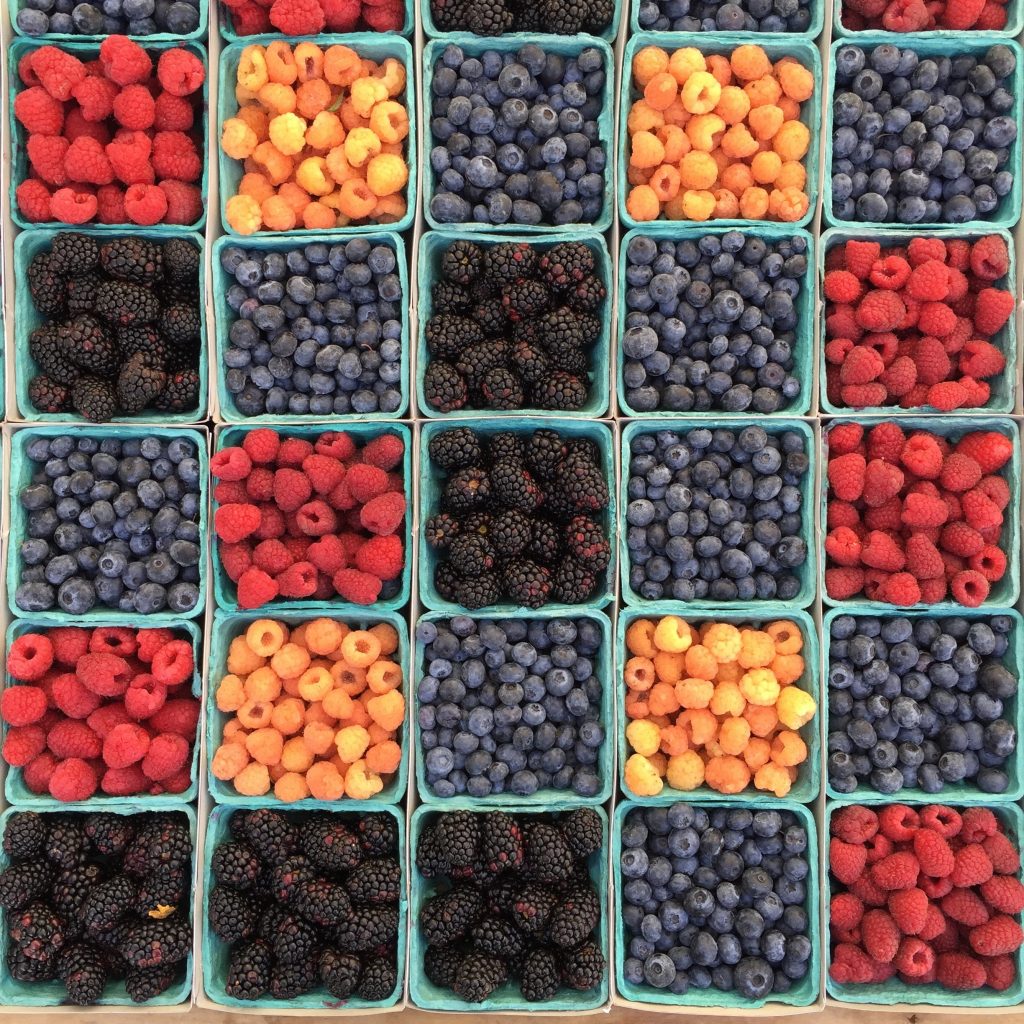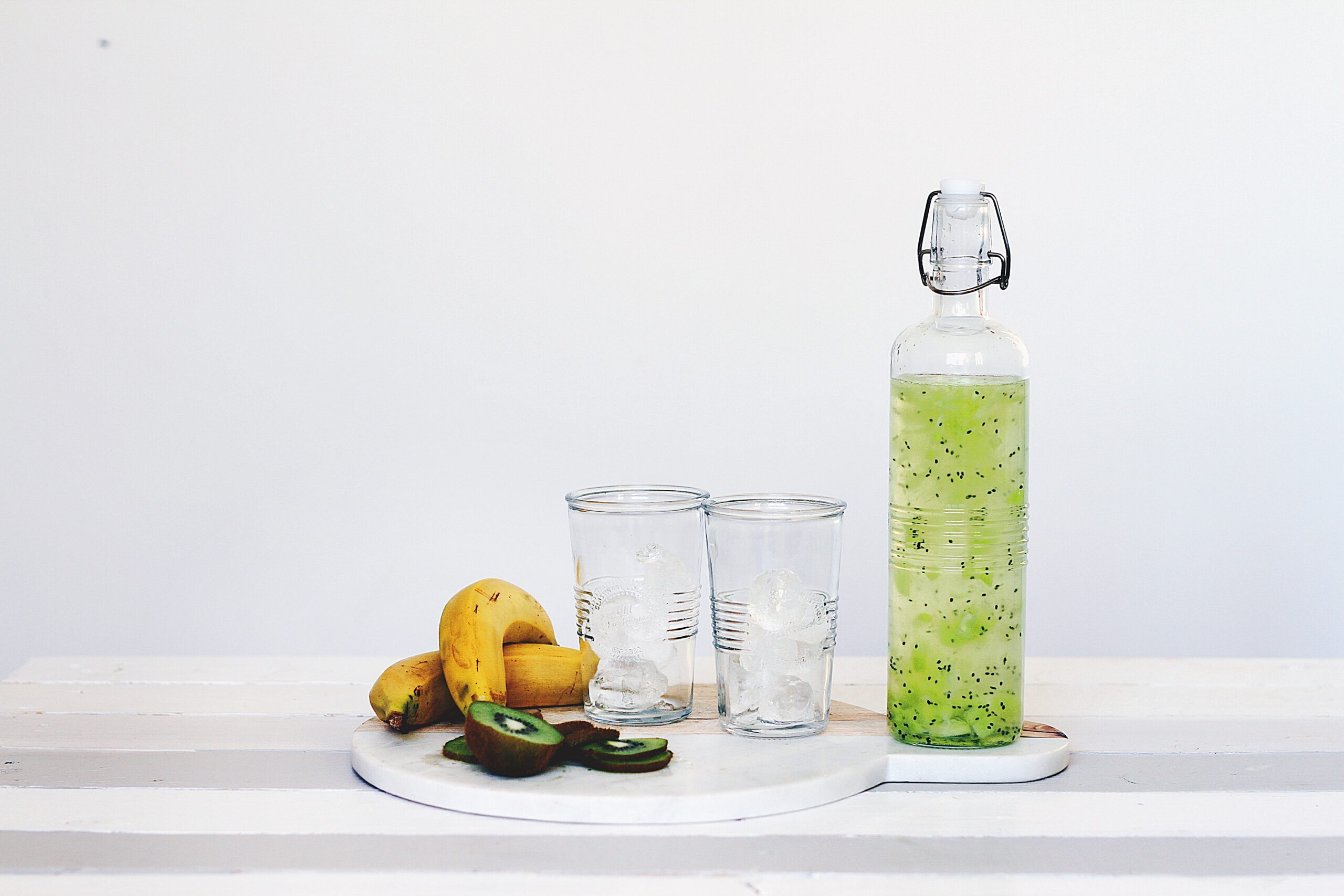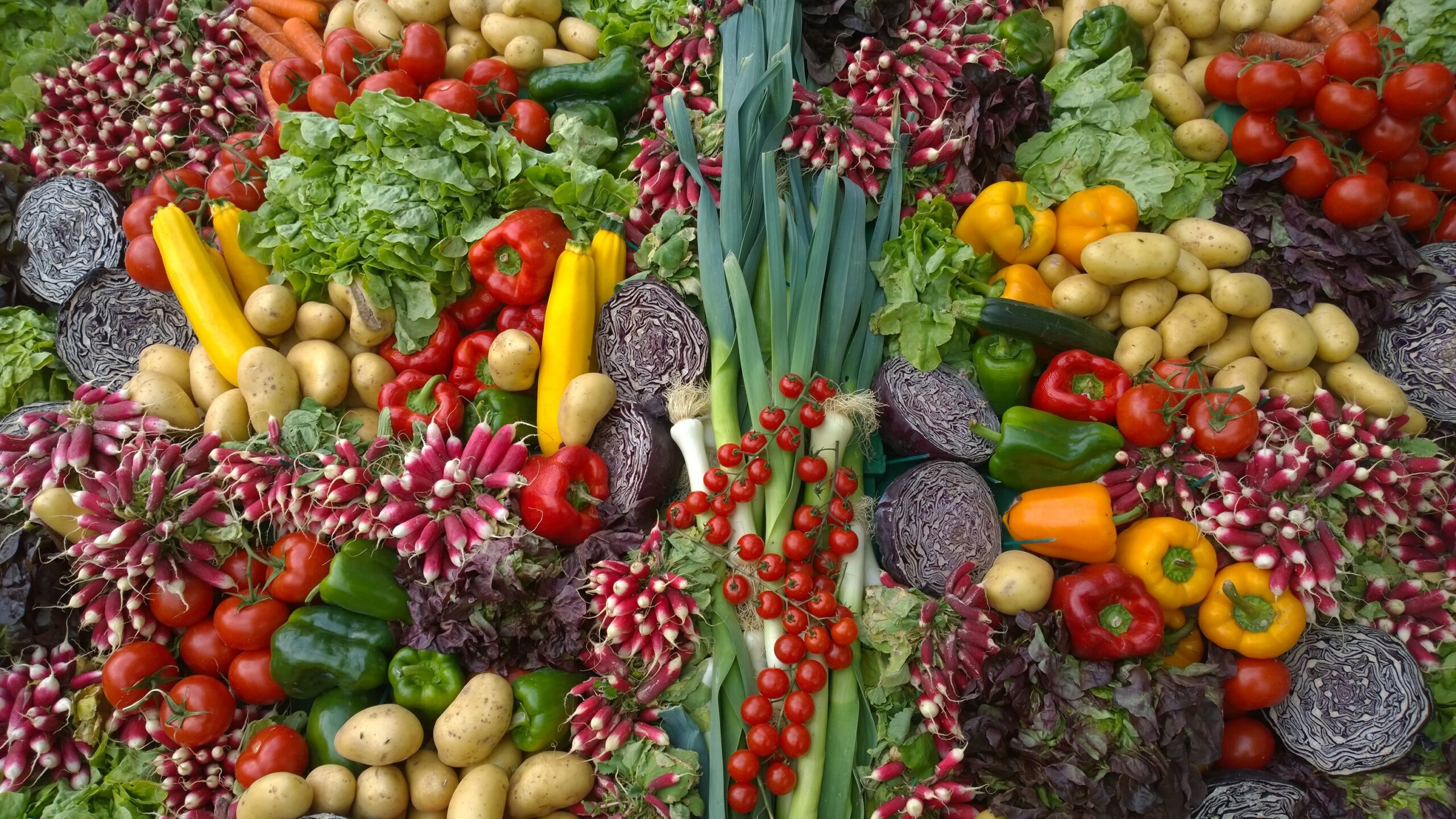Keto allows for a huge variety of foods, but unfortunately most fruits are very high in sugar. Surprisingly, what are otherwise some of the healthiest foods on the planet, may kick you out ketosis. A banana, for example, has 14 grams of sugar.
This is not usually an ideal choice, while staying very low carb. However, there are some fruits that are still okay to consume when following a ketogenic eating plan. These will be low carb fruits, or foods that contain some sugar, but are also loaded with nutrients and antioxidants.
Avoiding sugar is one of the key tenets of a ketogenic diet, and low carb fruits can help you do that. Of course, a little sugar is still usually consumed, as most report feeling slightly better when small amounts of sugar remain in the diet. So without further ado, here is everything you need to know about the best low carb fruits to consume when following a ketogenic diet.

What Is The Keto Diet?
The keto diet has become increasingly popular over the last few years. Contrary to the traditional high carb American diet, keto is dominated by consuming healthy fats, moderate amounts of protein, and very small amounts of carbohydrates. A typical meal will consist of foods high in fats (like cheese), and rich with complete proteins (like eggs).
Of course, it’s still very important to consume vegetables, as they provide important micronutrients and antioxidants. Low starch veggies like spinach and broccoli are absolutely vital on a keto meal plan. One thing left out though, is large amounts of carb-rich foods.
This also means that the keto diet is inherently low in sugar. Since the average American grossly overconsumes sugar, this one change bears a huge responsibility for the huge success rate of the ketogenic diet. With over 40% of America now obese (due to the high carb/high sugar diet) – it is absolutely critical to avoid the white stuff, if you wish to stay healthy.
The keto diet relies on dipping your metabolic system into ketosis, which is an advanced fat burning state. By eschewing the normal source of glucose, your body shifts into manufacturing ketones for energy. These ketones (or ketone bodies), allow you to function optimally – all while almost completely avoiding carbohydrate consumption. A common keto macronutrient ratio would be a diet consisting of 70% fat, 25% protein, and 5% carbohydrates.
Keto Diet Foods
There are a number of foods which are perfect to eat on a ketogenic diet. In fact, nearly all foods will work – with the lone exception being grains. Grains are rich with carbohydrates, and also usually cause your blood sugar to spike – two things we can to avoid on a ketogenic diet. You should also keep overall carb consumption to a minimum, which means eliminating or severely curtailing the intake of any high carb foods (regardless of food group).
Examples of the best proteins to eat on a ketogenic diet include, but are not limited to: red meat, chicken, turkey, ham, eggs, whey protein powder, pork, veal, lobster, crab, salmon, tuna, and many more. The only proteins to avoid would be processed foods, or foods also rich with protein and also rich with carbohydrates.
When it comes to fats, there are many great choices, including: avocados, coconut oil, MCT oil, avocado oil, extra virgin olive oil, almonds, macadamia nuts, Brazil nuts, pecans, and more. You will want to avoid processed foods which contain fat, as well as unhealthy fats (like trans fats).
Carbohydrates on keto are fairly easy to understand – avoid them at all costs! Since you will be cutting your carbohydrates down to almost zero grams per day, it will become very hard to consume any real source of carbohydrates. This means eliminating breads, pastries, pasta, and any sugary calories. Even when trying to completely avoid carbohydrates, you will still find yourself consuming at least a small amount, incidentally.
Fruit: A Primer
In the United States, fruit has always been advertised as a very healthy food. But remember – this was also the same society that pushed a ‘low fat, high carb’ approach – which has led us to a 40% obesity rate. The truth is – fruit is not so great.
True, fruit is loaded with vitamins and antioxidants. There is no arguing that. In fact, the bright colors of fruit typically correspond with their inner antioxidant nutrient content. However, it’s the sugar content, that really makes fruit a somewhat unwise choice – at least for anything but sparingly consuming it.
Fruit is typically consumed in large amounts by athletes – especially endurance athletes. But the truth is, almost none of us are athletes. So we don’t need all the excess sugar from fruit. And yet, we still consume it. Hence why Gatorade sales remain high – even though it is simply flavored sugar water.
Fruit has – unfortunately – gotten a somewhat false reputation. There is a good amount of antioxidants and vitamins in fruit – but most of the time, it’s not worth the extremely high amounts of sugar that come with it. This is doubly true, if you’re following a keto way of eating.
High Carb Fruits: Avoid On Keto
The unfortunate truth is – but fruits are extremely high carb. This means that most are not fitting for eating (at least with any regularity) on a keto diet. This means you need to severely limit, or completely eliminate foods like bananas, apples, grapes, mangoes, pineapples, kiwis, pears, and plums.
These fruits are much too rich with carbohydrates and sugar to consume on a ketogenic diet. For example, a normal sized banana will have about 25 grams of carbohydrates – which by itself, will likely kick you out of ketosis. It is important to note that a ketogenic diet will not have you avoiding nutrients – it’s still vital to consume lots of low-GI vegetables on a keto plan. But you can leave the extra carbs and sugar in the past.
Low Carb Fruits: Eat These On Keto
You may notice that there was one food missing from our ‘avoid’ list – berries. This was not an accident. Berries are rich with antioxidants – so rich, that we actually recommend eating a small number of berries, when you follow keto.
The color of the berry alerts you to the nutrients and antioxidants found within, and blueberries, for example, contain anthocyanins. These have been linked with improved brain function, as well as numerous health benefits. It is important to note, however, that we recommend very small amounts of berries – just a small handful.
The best berries to consume on keto include blueberries, blackberries, strawberries, and raspberries. Some experts may also recommend plums or cherries, for consumption on a ketogenic diet. Again, about half of the serving size of the chosen fruit, is ideal for maintaining ketosis.
Antioxidants: What Are They?
Antioxidants are one of the most beneficial parts of consuming fruit, and for good reason. These molecules help to protect against free radicals, which damage your cells. You can simply think of every food you eat causing a ‘bad’ or ‘good’ reaction inside your body. Too many low-quality foods produce a negative reaction, but foods with antioxidants help to protect your body from the damage.
The key is to maintain balance, as there are actually some functions inside your body which require free radicals. But on the other hand, if you have too many free radicals and not enough antioxidants, your body will shift into a state known as ‘oxidative stress’. This leads to many issues, and should be avoided at all costs.
Fruits contain antioxidants, but so do many vegetables – which we recommend when following a keto meal plan. These low-GI vegetables contain no sugar – but have the same (or greater) amounts of beneficial antioxidants. Remember – just stick to low-GI veggies, like spinach and broccoli. It’s a pretty easy shift, and one which is usually very simple to make.
Sugar: Does Fruit Have Too Much?
Fruit is unfortunately one of those foods whose value has been extremely misrepresented. Healthy fats like extra virgin olive oil have been shown to have many more benefits (without risks) – and yet they remain under the radar. Some of this has to do with economics. Fruit producers spend huge amounts of money on advertising – and big food spends even more, for their fruit juices and products.
While these products are marketed as healthy – the truth is – they are anything but. In fact, one glass of fruit juice – is an entire day’s worth of sugar – and that’s for someone who is not low carb! The worst part? These products are often marketed towards children.
Drinks like Juicy Juice, Hawaiian Punch – these are nothing but empty bottles of sugar. The worst part is – most people still think they’re healthy. Our ancestors rarely (if ever) had access to fruit, and the way they consumed it was far different.
Since they often had too little food, they would gorge on food when they did have it. Quickly they’d gain weight, and then live off this stored fat (utilizing ketosis), until they once again found food. Put simply – they weren’t eating fruit every day – and perhaps had access to it for only 2-3 weeks a year.
This is a far cry from the convenience stores we have on every corner, the 24/7 food delivery services, and the fast food we live on. In one fell swoop, one can look at the obesity rates skyrocketing since the 1950s – and note the exact same rise in sugar and carbohydrate consumption.
Keto Sweeteners: The Best Choices
Since you will want to avoid sugar on a keto diet, the natural question becomes – what can you eat, to still get some of that sweet taste? Enter sugar alcohols, and artificial sweeteners. There are a wide variety of sugar-free sweeteners, and it’s a market that continues to expand, as more and more Americans become conscious of their ballooning waistlines.
Erythritol: Erythritol is probably the best overall sugar-free sweetener, as it can be used as a 1:1 replacement for sugar. This means all you need to do for your favorite recipes – is to replace the sugar with erythritol. Baking, cooking, added in your coffee – it’s as simple as that. Erythritol also has no bad side effects, despite many scientific studies, as we covered in our erythritol deep dive.
Stevia: Stevia is another popular alternative to sugar, but it has a strange aftertaste, and cannot easily be used in baking or cooking recipes. A solid number two choice, but one that we only utilize sparingly.
Aspartame: Aspartame has one of the worst reputations for sugar replacements, and is most often used in diet soft drinks. The truth is, there has not been any definitive proof that aspartame is dangerous – and it is generally recognized as safe. If you want to be extra cautious, consume aspartame only sparingly.
Swerve: Swerve is a brand name sweetener, which we use regularly. Since it is largely erythritol, it is very safe, and measures 1:1 for sugar, in any recipes.
Sucralose: Sucralose is another popular sugar-free sweetener. It’s generally been seen to be safe for use in humans, though it’s not usually used for cooking or baking.
Monkfruit: Monkfruit is another popular zero calorie sweetener, and it seems safe in moderation. More studies are needed, to fully determine the impact monkfruit may or may not have, on the human body.
Track Your Ketones: A Path To Success
If you are looking to track your progress on a keto diet, we also have a great solution for you. Because we were sick of cheap, inaccurate devices, we invented the first and only clinically-backed ketone breath monitor.
Our device is accurate enough to replace invasive blood measurements. By simply breathing into our device, you will have a reliable measurement of your current ketone levels in seconds.
No more urine strips, no more pricking your finger – just a fast, easy and reliable breath test. You can bring our device with you to the office, take it to the gym – you can truly check your ketones anywhere.
Unlike previous devices, which were often poorly made, unreliable, and not backed by clinical research – our ketone breath monitor is patented. This means no other device is legally allowed to use our exclusive technology. Whether you are brand new to keto and want a convenient and reliable way to check your ketone levels, or you’re an elite level biohacker – we are the perfect way to measure your ketones.



